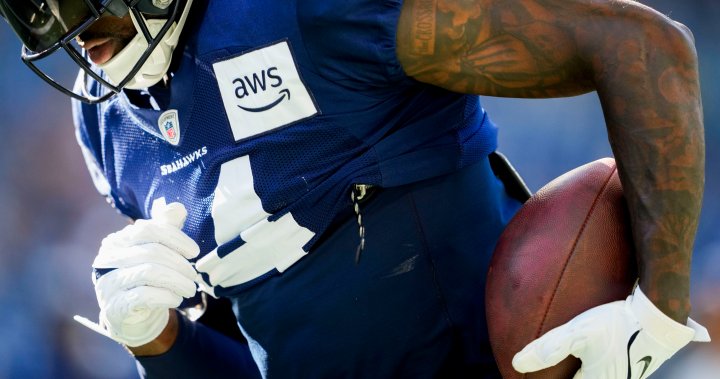Men with a history of playing organized football have higher odds of developing Parkinson’s disease, a new study from the Boston University CTE Center suggests.
A longer duration of play and playing at higher levels were associated with the greatest risk of diagnoses.
The cross-sectional study published Friday in the journal JAMA Network Open used data from a large online survey called Fox Insight, sponsored by the Michael J. Fox Foundation for Parkinson’s Research.
Researchers found that participants who had a history of playing the sport were 61 per cent more likely to receive a diagnosis of Parkinson’s or parkinsonism — an umbrella term that refers to brain conditions that cause symptoms such as tremors, slowed movements and stiffness — compared with those who played other organized sports.
The survey included 1,875 men, 729 of whom had a history of playing football. Most participants diagnosed with Parkinson’s played at an amateur level.

“Studying individuals with lower levels of football play is of high priority because most people play at the high school and college level. However, current research on the long-term neurological outcomes of football has focused on those who played professionally,” the study says.
Those who had a reported parkinsonism or Parkinson’s diagnosis were older, had a lower level of education, had a lower body mass index and were less likely to have a family history of the disease.
Family history and exposure to toxins and pesticides are listed as potential risk factors for developing Parkinson’s, along with traumatic brain injury (TBI). The study notes that repetitive head impacts in particular have been associated with Lewy body pathology, which are abnormal protein deposits found in people with Parkinson’s.
“Participation in football confers more homogenous levels of exposure between players and positions compared with other contact sports where there are many more individual differences in repetitive head impact and significant differences by era of play,” the journal explains.
Previous research has noted a link between TBI and Parkinson’s. A study published in the journal Neurology in 2018 described a connection between TBIs experienced by veterans and those with a Parkinson’s diagnosis. Other studies have made connections between TBI and boxing.
Calgary Stampeders’ D’Antne Demery, right, and Kelon Thomas wear Guardian Cap helmet covers during a practice session in Calgary, Alta., Tuesday, June 6, 2023.
THE CANADIAN PRESS/Jeff McIntosh
The Canadian Football League (CFL) mandated a form of protective gear called “guardian caps” this June to reduce the force of head impact. The cap is a soft-shell helmet cover meant only for training camps and padded practices.
A 2022 study of youth football players has confirmed that smaller blows to the head can accumulate over the course of a season to create cognitive impairment.
Sanford Research in Sioux Falls, S.D., monitored 15 American male youth football players under the age of 14 for the study, using neuro-technology that tracks brain vital signs developed by HealthTech Connex Inc. in Surrey, B.C.
The study found that players who were not diagnosed with concussions still underwent changes to cognitive processing related to subconcussive impairments by the end of the football season.
© 2023 Global News, a division of Corus Entertainment Inc.




